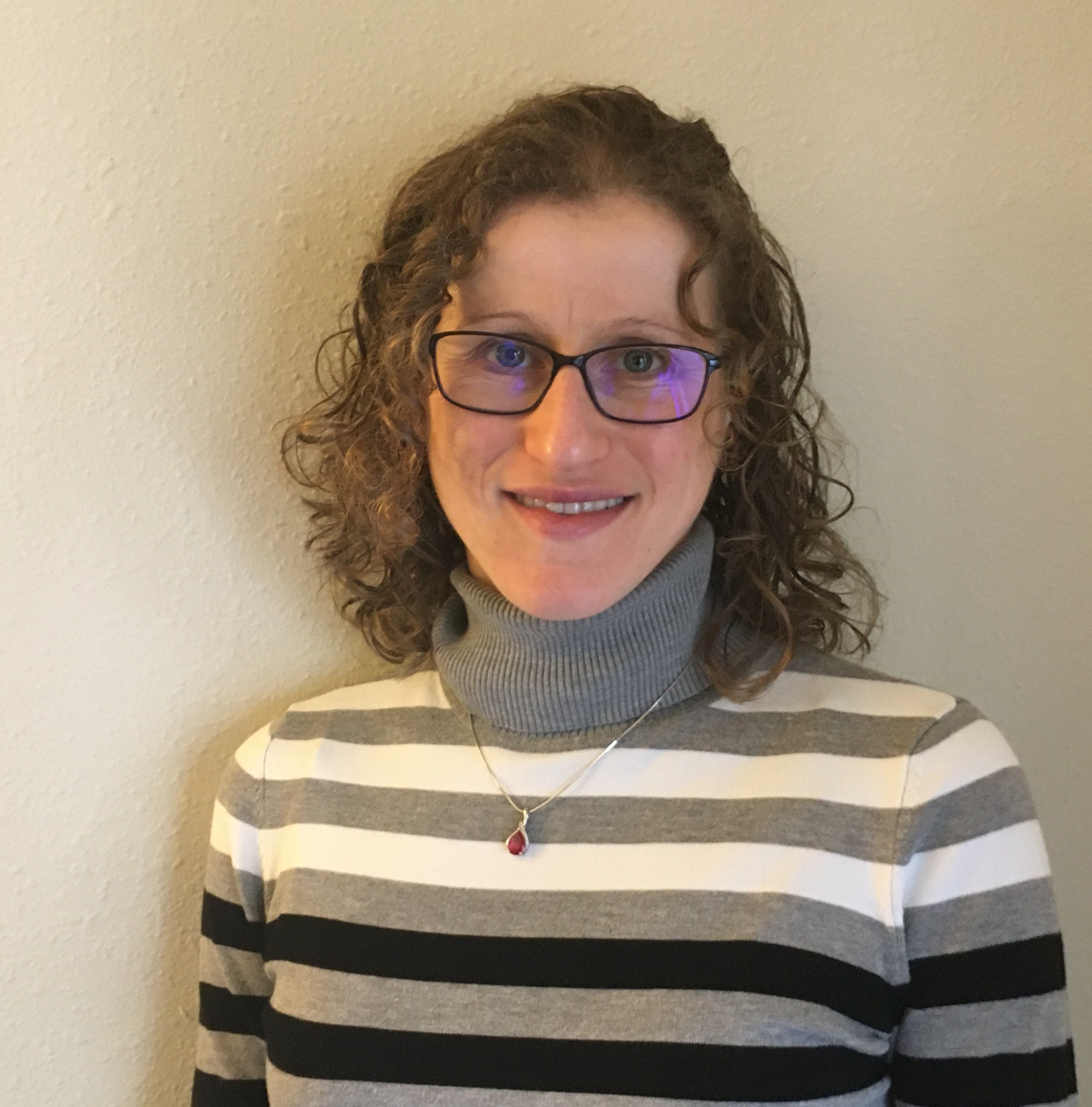Studied Biology/Bioinformatics at McGill University, Canada, and University of California, Los Angeles, USA, and Mathematics at University of California, Irvine, USA • Highest Degree PhD in Mathematics • Lives in United States • Occupation Research Staff Member at Center for Computing Sciences, Institute for Defense Analyses
I came to applied mathematics slowly, and circuitously – but sometimes that makes for the best stories. When I was young, I fell in love with the complexity of biological processes, and thus I chose to study biology for my BSc. My grandmother was a math teacher and I have fond memories of us playing all sorts of educational math games growing up, which instilled in me a joyful, non-competitive view of math. But I never saw myself as a mathematician, it was just something I enjoyed ‘on the side’.
I sat there in complete astonishment of the beauty and power of math to describe a world that I had realized I had always wanted to see in a mathematical light.
It was only when doing my Master’s, when I took a course focused on using dynamical systems to study the life sciences, that I came to see that mathematics needed to be more than a hobby for me. I sat there in complete astonishment of the beauty and power of math to describe a world that I had realized I had always wanted to see in a mathematical light. And, I felt then, everything clicked. That my love for math and complex systems such as biology were not separate, but actually completely intertwined. It was this realization that led me to do my PhD in mathematics. I performed research modeling interactions of growing tumors with their microenvironment and took classes in a wide range of mathematical subdisciplines. It was very difficult as I knew I had less experience with mathematics than many of my peers, but I also had complementary skills in working on real-world scientific problems, which gave me a unique vantage point to think about the methods I was studying. When I kept my focus on the subject matter, I knew I was where I needed to be. It was one of the hardest, but most rewarding experiences in my life.
I work at the interface of data science and applied mathematics to help address challenging problem sets in national security, and more generally in the computational and data science realms.
Something you come to understand by taking a strong pivot, is that both you and the world have the capacity to honor a new stage in your life and career, especially if you approach the challenge thoughtfully and creatively. I had come to understand that for me, the next stage that I wanted to reach was to expand my applied mathematics capabilities to new domains in addition to the life sciences. And, really, I was ready! Studying the life sciences from a mathematical perspective prepares you to handle a variety of complex data problems. The field is full of extremely noisy data – but data that has, if you chip at it long enough, fascinating patterns and meaning underneath the noise. I now get to do just that as a Research Staff Member at the Center for Computing Sciences, Institute for Defense Analyses (CCS/IDA). I work at the interface of data science and applied mathematics to help address challenging problem sets in national security, and more generally in the computational and data science realms. I’ve used approaches ranging from applied dynamical systems (PDEs and ODEs) to, more recently, unsupervised learning methods employing matrix- and tensor-decomposition frameworks. I also hold an adjunct faculty role in the Laboratory for Systems Medicine at the University of Florida, which allows me to continue to collaborate on projects in mathematical and systems biology.
I wish I had known to take advantage of all [professional societies] have to offer earlier in my career.
What I’ve come to realize is that your unique interests and capabilities, even when they may not fit easily into a clear label, do have a place in this world where they will be valued. My background in mathematical biology has given me a unique perspective on the challenges I face in my current role, both from a mathematical and applied sense. And it makes for some fun intersectional research.
Finally, I’d like to make a quick shout-out to the power of professional societies. I wish I had known to take advantage of all they have to offer earlier in my career. Societies like the American Mathematical Society (AMS), Society for Industrial and Applied Mathematics (SIAM), Association for Women in Mathematics (AWM), and Society for Mathematical Biology (SMB) all provide opportunities to network via conferences and meetings, and to learn more about opportunities in and outside of academia utilizing the skills you learn. You don’t need a minimum degree to join – just an interest to connect with like-minded researchers.


Recent Comments